
Just because the Voice referendum ‘failed’, doesn’t mean treaties should stall
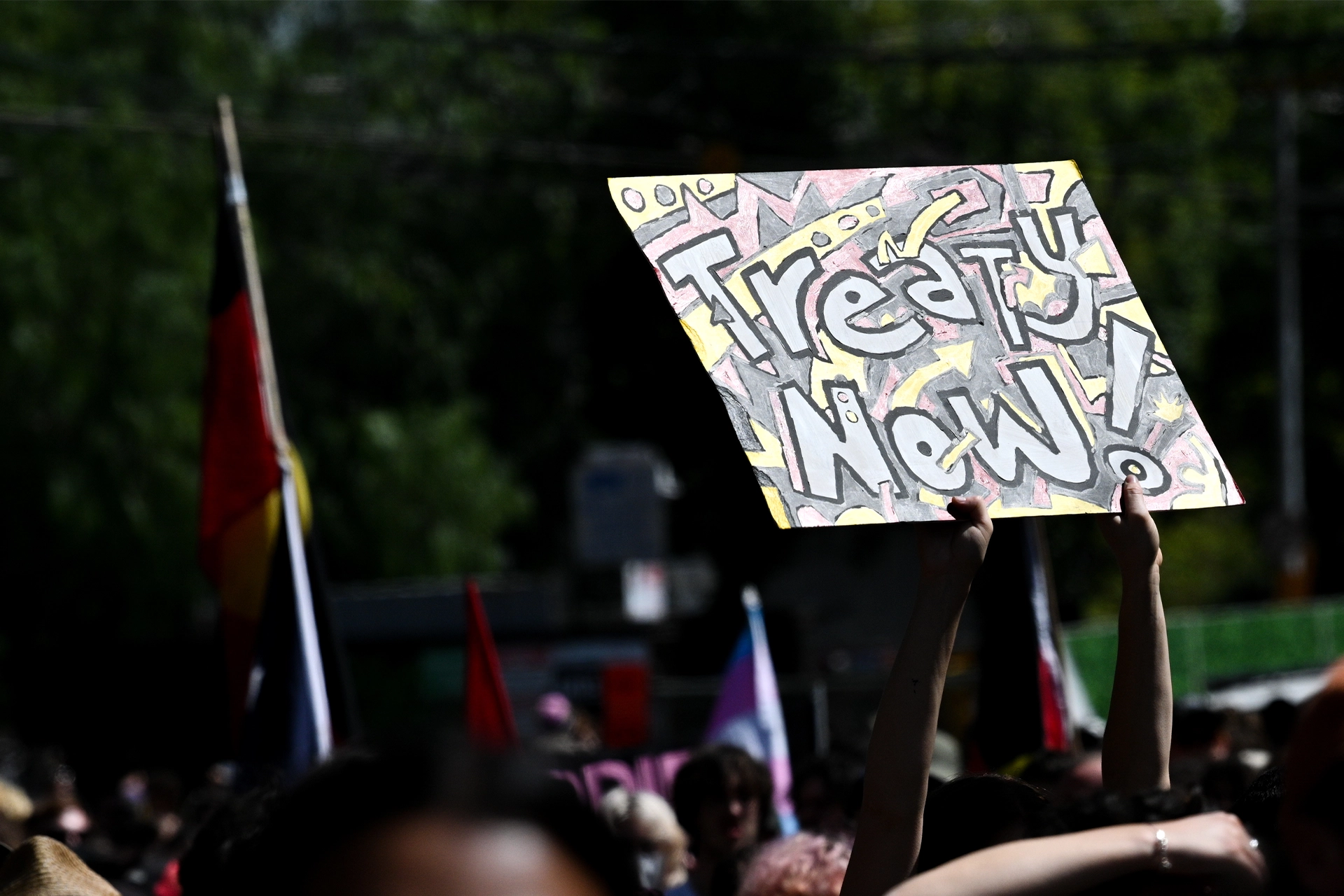
Last year’s referendum result does not exhaust the issues Australia still needs to confront. Treaties with First Peoples work, and must continue, despite opposition
Published 2 August 2024
“When I write this, it’s been just over a week since the referendum happened, and I am still processing what the result ‘means’. My mobile phone rings – it’s a friend and colleague from Mparntwe (Alice Springs), someone I used to work with.
“Together we had grappled with the complexities of how to do work that made a difference for Aboriginal people in the town, especially those who lived in the Town Camps. It’s something that is as pertinent today as it was when we worked together.
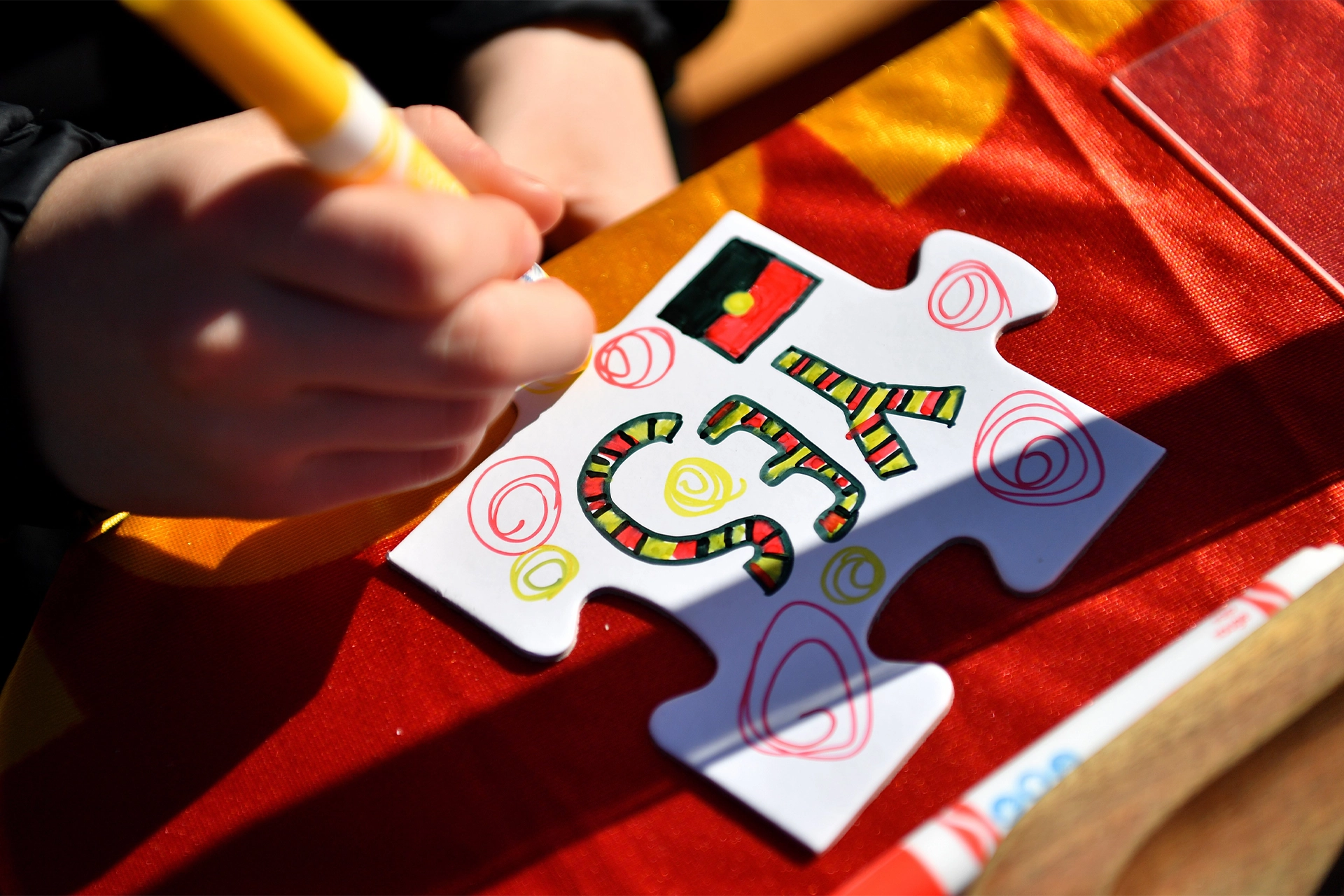
“There is something in his voice that tells me of the pain he is feeling, the referendum result hovering, even though he has not yet mentioned it.
“As the conversation proceeds, he does tell me of his hurt following the result.
“As a First Nations person who is politically engaged, he says that the result was something he expected, yet did not anticipate the profound feelings that accompanied it.
“He does say, though, that we now must look to Treaty, as both Victoria and the Northern Territory are doing, as a way to address the deeper issues that our country cannot avoid, that continually rise up, demanding attention.
“His view is that treaties might allow us to chart a different course, recasting how the future might be, even as he acknowledges that many might fancy that the referendum result puts such thinking to rest.”

The work that will make treaties in Australia a reality is at heart political. It’s carried out by those entrusted with the responsibility to act on behalf of their constituencies.
But what does this mean for those of us not directly involved in the negotiation process?
We, the vast majority, are not called upon to do anything. This is how it should be, but the emergence of treaties does open a space for all of us to think about these instruments for mediating between First Peoples and the state, which might in turn lead to action.
A key question: what might the future look like; and what kind of a state do we want to live in?
The dialogue around Treaty reminds us that there are things we still need to think about as citizens of our nation.
This ongoing work stands out to me in starker terms when we consider last year’s Voice referendum. It’s important to keep in mind that the ‘failure’ of that referendum does not exhaust the issues that brought it about, and which we still need to confront.
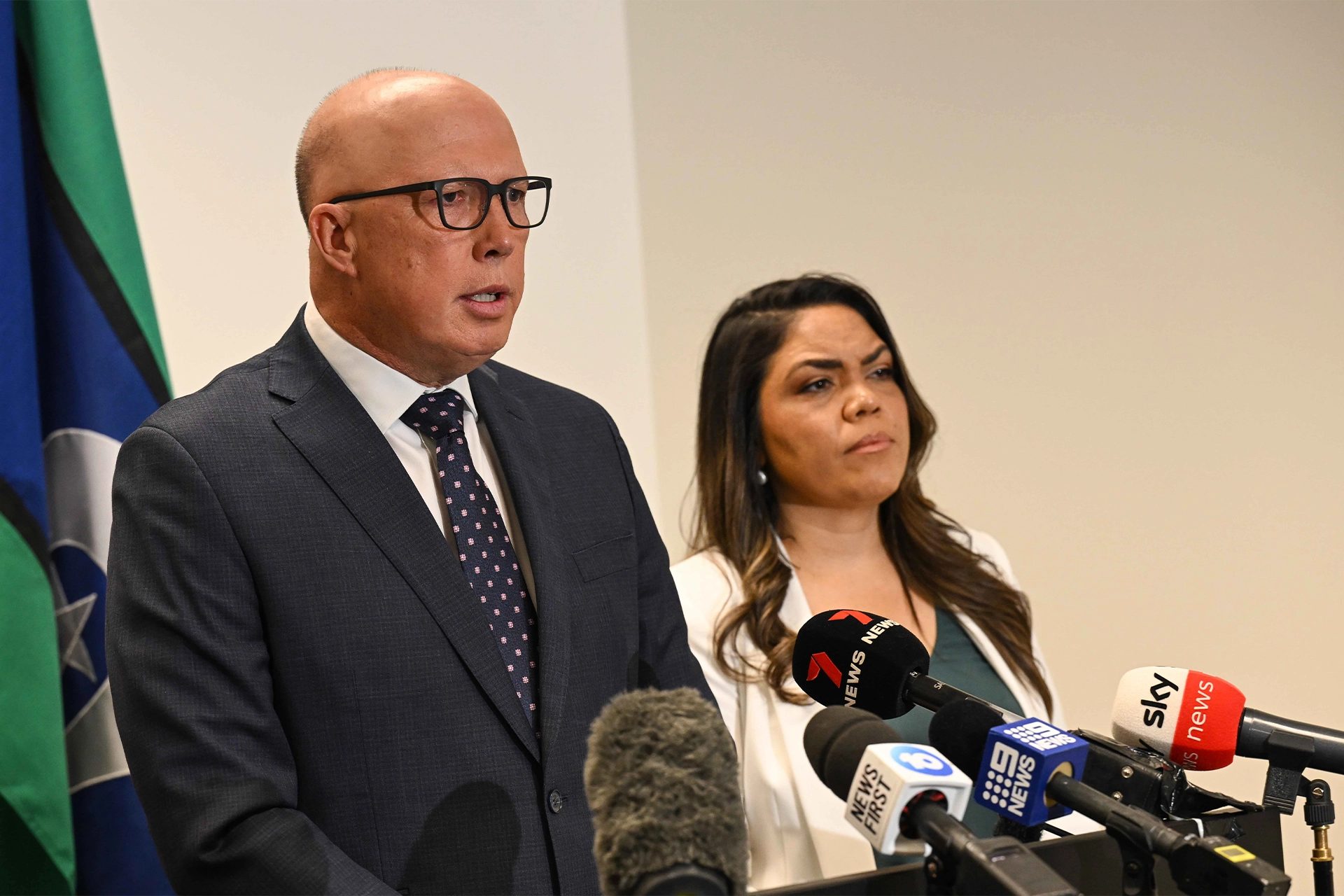
Later this year, the Northern Territory will go to the polls, with the incumbent Labor party reinvigorating talks of Treaty, seeking to differentiate themselves from their political opponents. Similarly, for Queenslanders, the Treaty is an issue that will shape their October election.
In both places, the opposition parties have withdrawn their support for Treaty, citing the 2023 Voice referendum result.
Here in Victoria, the Treaty process, now over eight years old, proceeds, though the Victorian opposition has also withdrawn its support of the Treaty process in the wake of the referendum.
So, we can see the referendum exerting itself, through people’s own interpretive processes, on how we think about the future.
Last year, the Victorian First People’s Assembly held their second elections, with a new Assembly voted in, comprising some old members, and adding some new ones.

Their task, as they articulate it, is to “negotiate a statewide Treaty to drive structural reform at a statewide level and to support Traditional Owner groups to negotiate Treaties that reflect the needs and priorities in their areas”.
They are building on the work done in the Assembly’s first term, in which they explored how communities wanted the journey to Treaty to unfold, as well as negotiating with the Government to institute the building blocks for the Treaty process itself.
This included establishing institutions like the Yoorrook Justice Commission, the Self Determination fund and the Treaty Authority.
Australia is alone among the settler colonies in not having established any treaties between First Peoples and the state (the so-called Batman treaty not qualifying, despite being the only time an ‘agreement’ was made that recognised Aboriginal jurisdiction over land).
Treaties have the capacity to substantively address what my friend named as the ‘deeper issues’.
At the heart of this is unceded sovereignty of the country and the people who love, nurture and care for it, following the paths of their ancestors.
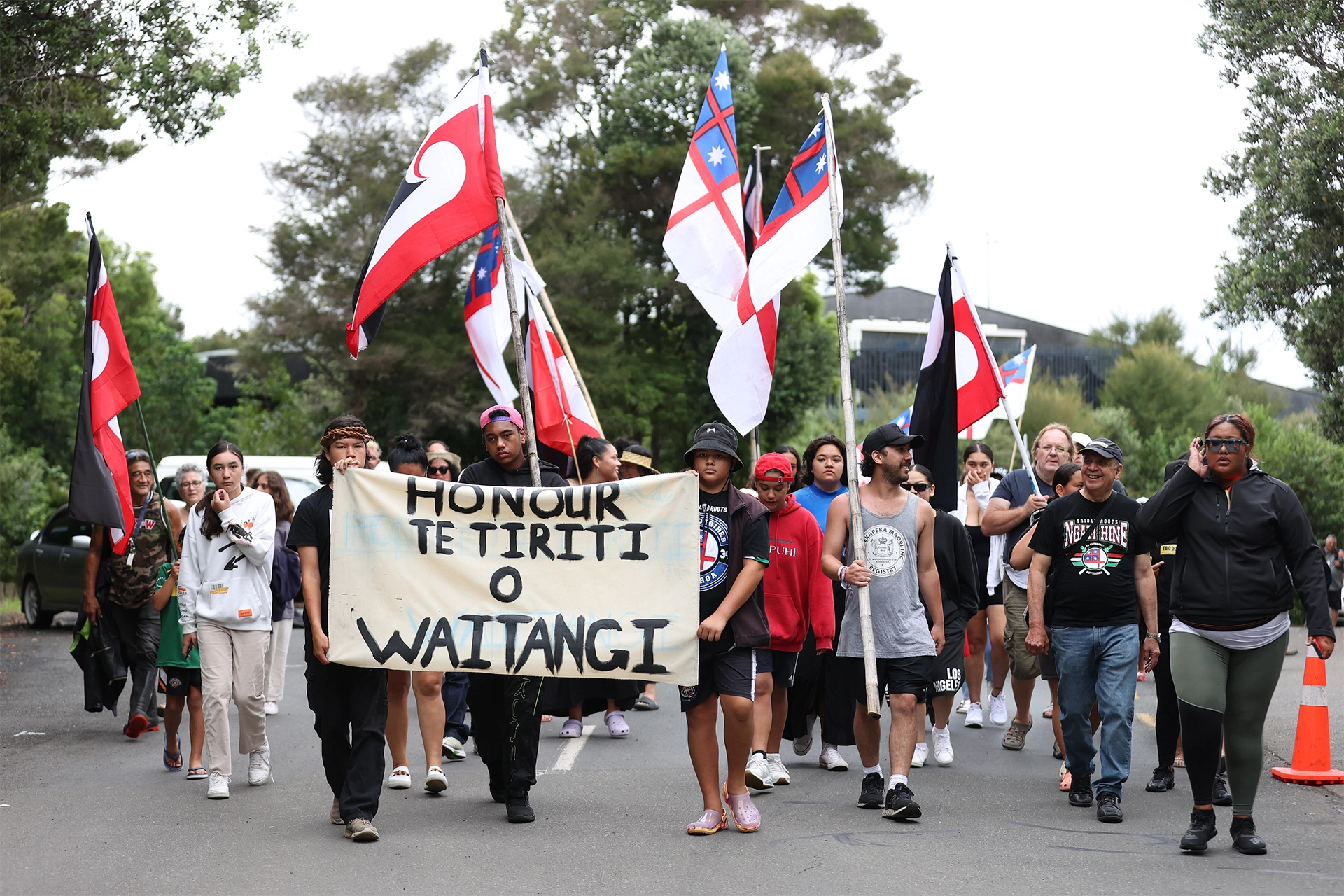
Treaties are binding agreements that include both legal rights and obligations.
For the Australian jurisdictions that are seeking to enter into treaties, there is a sense that they are a way of addressing the complex issues that have arisen from colonisation, which continue to see First Nations people suffer disproportionate disadvantage.
Treaties, however, are not merely a new way of doing the same kind of business; they entail a revisioning of relations between First Peoples and the state, which has implications for all of us.
Some interpretations of the Voice referendum result would have us seeing such revisioning as a ‘threat’, where committing to deal with the implications of the enduring reality of First Nations sovereignty undermines (a fantasised) national unity.
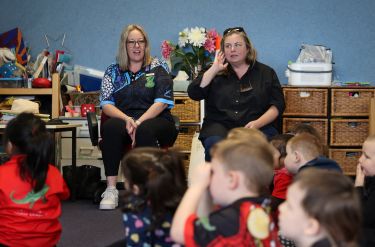
Treaties hold promise for a better future for all citizens, and it is toward this that the Assembly and the government now work.
Treaty keeps the questions around our nation’s future firmly on the table, allowing me to keep thinking about what my friend said; to keep both his hurt and his cautious optimism in view, and to face up, collectively and as individuals, to the ongoing challenges that our nation’s ‘deeper issues’ present us with.
